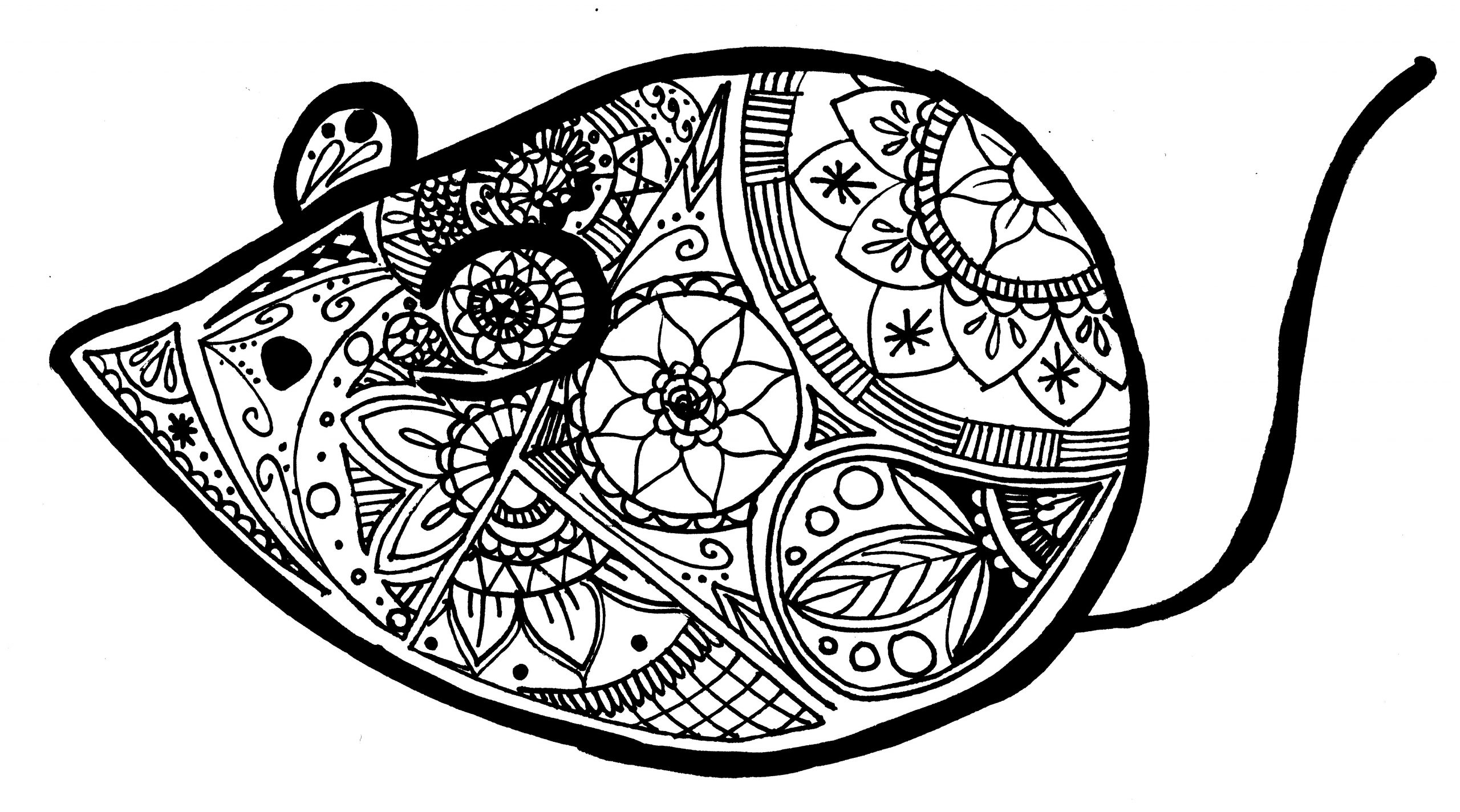This week I would like to focus on writing about my thoughts on The SlaughterHouse and what it represented.
Although I found the story interesting, it seemed to highlight the reason why the Unitarians could not gain much support from the rural people. One example is how Echeverria portrays black women in a very inhumane way, associating them with harpies and viragos. This really shows how the creoles elite favored the social hierarchy constructed by the Colonists. On the other hand, Caudillos seemed to treat all races and classes equally as long as one remained loyal to them and they themselves came from various positions in society. Why would a person in the lower class support an ideal upheld by the people who desired to keep the cast system which oppressed them for so many years instead of a person who represented equal opportunity? Trying to achieve ideals created by Europeans which the colonies worked tremendously hard to expose of may be another factor adding to the sense of resistance against Unitarianism.
The tyrannical and authoritarian ways of Caudillos are undoubtedly immoral and unsustainable. However, even with this in mind, reading The Slaughterhouse didn’t exactly make me want to align myself with Unitarians. In fact, it actually made me disappointed. The use of sarcasm throughout the text only painted an image of a high class, educated elite sitting on his high horse and mocking uneducated, poor folk. I have only read one text form one individual and therefore dismissing all Unitarians at the time as snobs would be misleading but that was the impression I got from the story. Just as Dawson had said in his text the elite class had “little little sympathy for the sensibilities and capacities of the rural folk who formed the backbone of the Rosas regime”(Dawson, 59).
Some interesting information I found while researching about the story is that apparently the actual manuscript has not yet been found. The publisher , Juan María Gutiérrez, has also mentioned in his editorial notes that Echeverría had no intention of publishing the text and it was more of a rough outline for a poem he was trying to write. It is speculated that Gutiérrez was the one who actually composed the outline into well polished literature which I found very fascinating since El matadero seems to be credited completely to Echeverria as one of his best works. This is some info I found on the interweb and also I can only understand 30% of the paper written by Emilio Carilla in Spanish, so I am not quite sure how credible the soureses but I thought it was something worth mentioning.
Some discussin question I have for this week are;
- if the story was actually co-authored by Gutiérrez, is the choice of words to describe races Echeverría’s or Gutiérrez’s?
- What kind of effect would have El matadero had if it was published at the time it was written?
- Who was Echeverria’s target audience?
I’d love to hear you thoughts and bye till next week!
